Your success, powered by .NET
Explore customer stories of innovation and growth
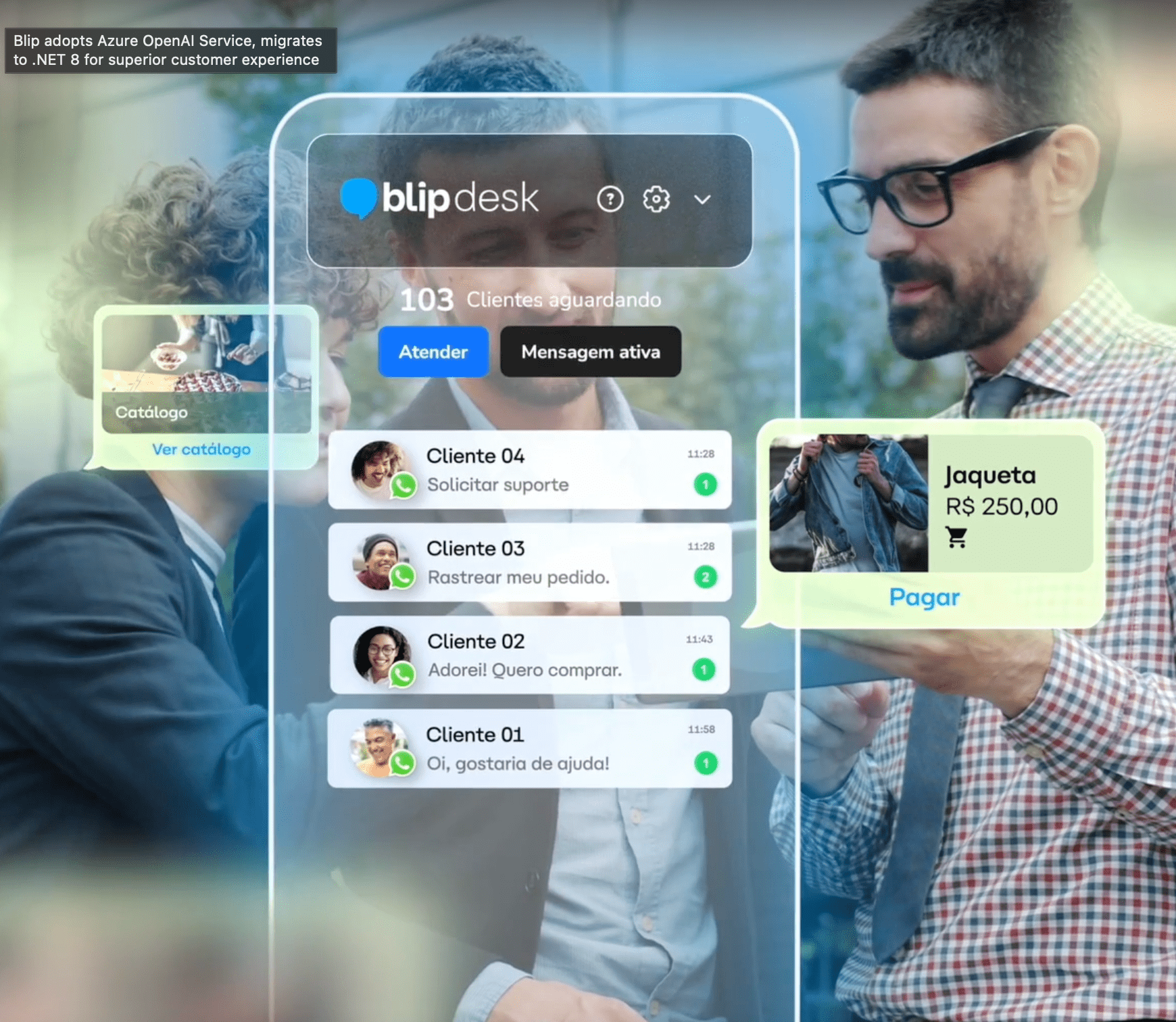
Blip
Blip adopts Azure OpenAI Service, migrates to .NET 8 for superior customer experience
Read story
H&R Block
.NET is "opportunity of a lifetime" for developers, says H&R Block Principal Architect
Read storyTrusted by brands you know and love
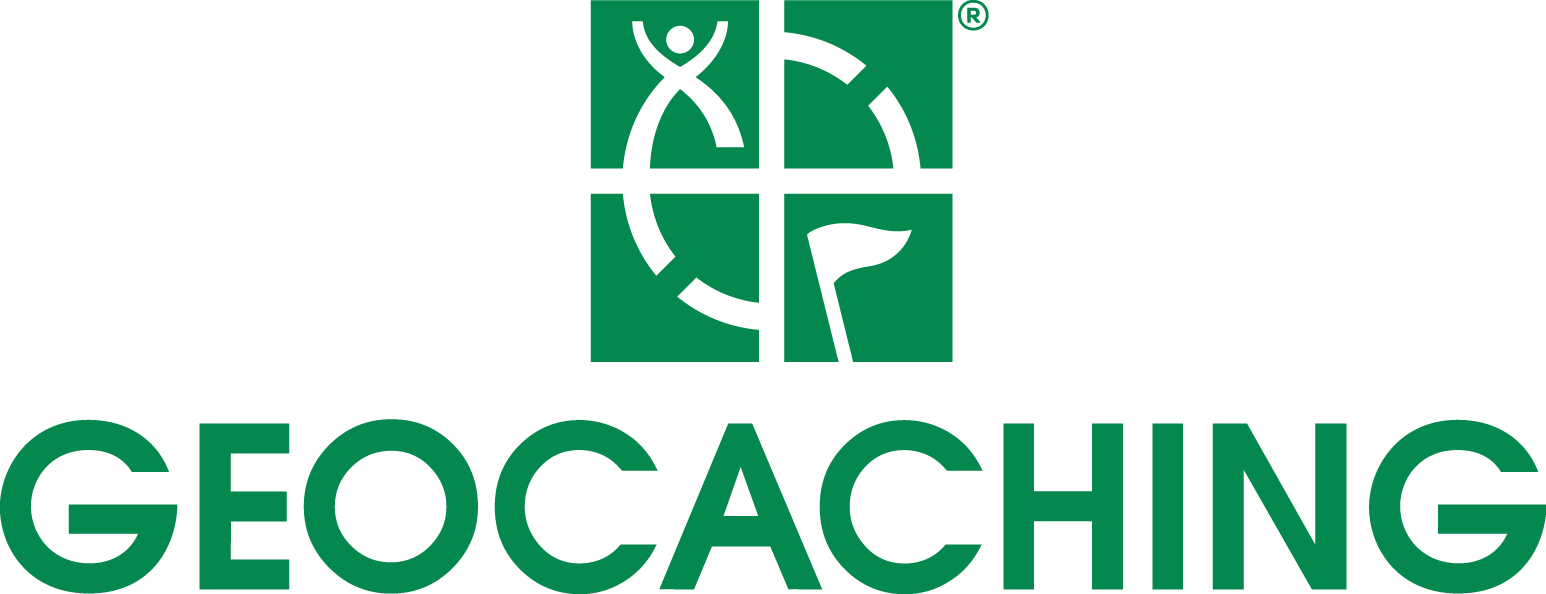


Real customers share real impact
Discover how companies are shaping the future and inspiring change

Telecommunications and Media
Large (1,000-9,999)
Brazil
Blip develops robust customer solutions and securely delivers high performance with Azure DevOps, AI models and machine learning, and .NET 8.

Technology
Corporation (10,000+)
United States
The Microsoft Copilot team uses Aspire to deliver high-quality solutions efficiently and effectively.
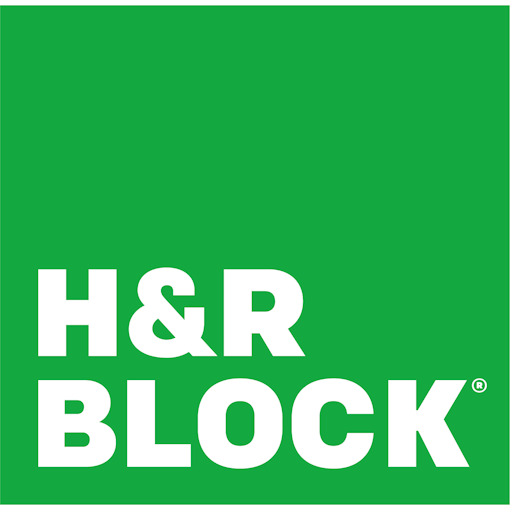
Technology
Corporation (10,000+)
United States
H&R Block supports millions of users with its first AI-assisted tax preparation solution, streamlining the filing process powered by .NET, AI, and machine learning.
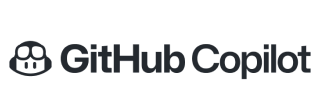
Technology
Corporation (10,000+)
United States
Visual Studio uses GitHub Copilot, architectural insights, .NET integration, and machine learning to deliver intelligent code recommendations to developers.
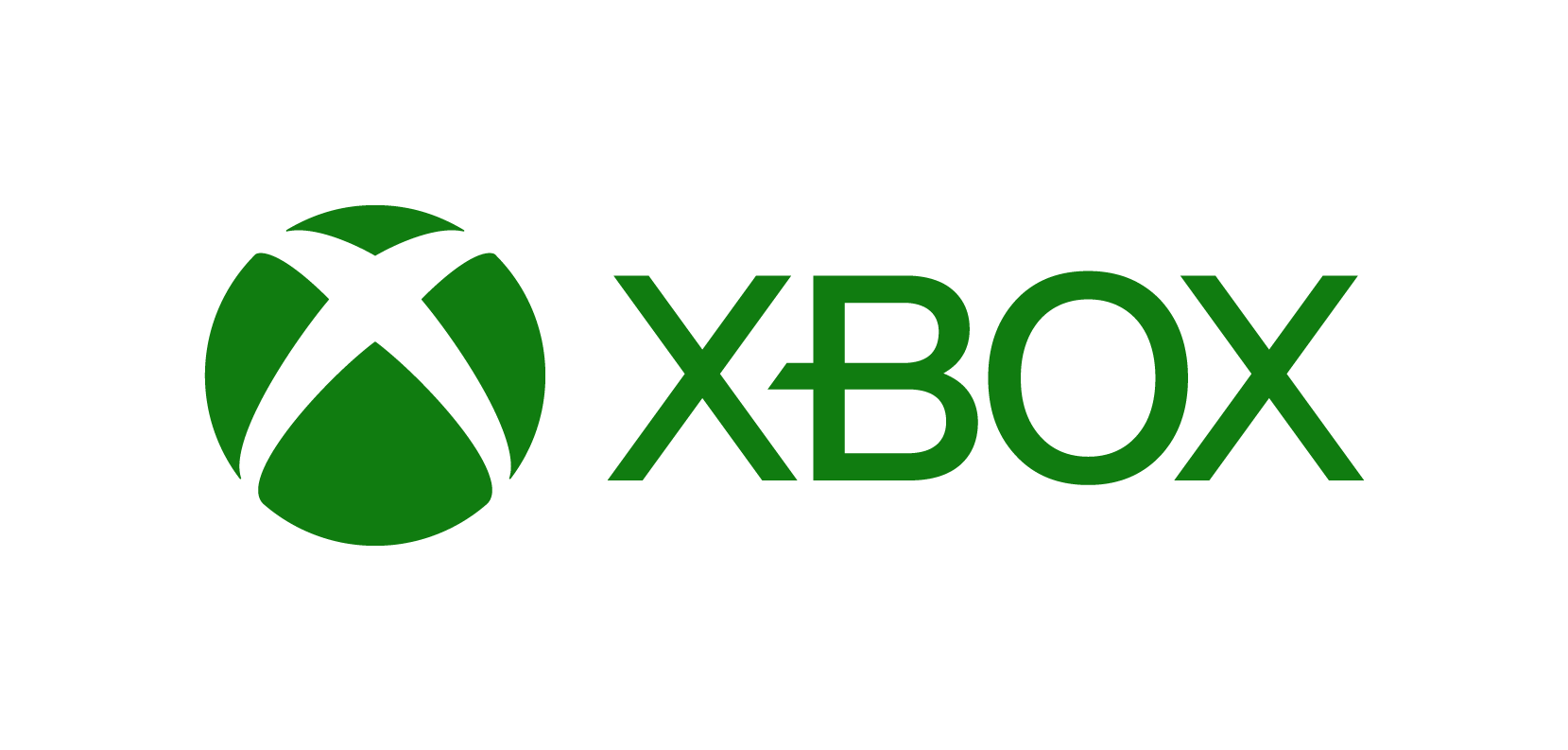
Technology
Corporation (10,000+)
United States
The Xbox services team adopted Aspire to transform local development workflows and boost productivity.

Financial Services
Corporation (10,000+)
United States
Fidelity serves over 50 million customers with their financial services, using .NET MAUI to build their trusted and reliable Active Trader Pro platform.

Energy and Resources
Corporation (10,000+)
Denmark
Vestas uses .NET and Azure cloud-native architecture to run turbine simulators and digital twins, helping the company scale sustainably.

Technology
Corporation (10,000+)
United States
NBC Sports Next reimagines its Sports Engine team management app with .NET MAUI providing faster feature delivery and cross-platform code.

Software & Consultancy
Small (1-49)
Australia
Alpha Outdoors' Red-Point app, built with .NET MAUI uses cloud technology to provide offline 3D climbing routes and GPS navigation to enhance climber safety.

Retailers
Corporation (10,000+)
United States
Chipotle builds a reliable, fast, productive website to deliver a pleasant customer experience by tapping into Azure and maximizing cloud capabilities.

Technology
Corporation (10,000+)
United States
Stack Overflow, an open-source platform, uses .NET and the cloud to drive their applications, streamlining development and improving the user experience.

Technology
Corporation (10,000+)
United States
Geocaching uses .NET web API's to support millions of customers and partners, using .NET's security and scalability to meet business demands and customer growth.

Software & Consultancy
Small (1-49)
United States
BurnRate provides smarter, faster hiring capabilities to boost revenue and success, with the support and scalability of Azure DevOps, Blazor, and ASP.NET.

Education
Small (1-49)
Brazil
Escola Agil, a school security app built with .NET MAUI, uses cutting edge technology like facial recognition to monitor, track, and protect students in real-time.

Technology
Corporation (10,000+)
United States
Microsoft Graph, the API gateway for unified access to Microsoft 365 data and intelligence, uses .NET to scale and optimize performance across Azure.

Professional and Business Services
Medium (50-999)
United States
Irth uses .NET MAUI to modernize its mobile app, helping workers who service critical network infrastructure operate safely and efficiently.

Discrete Manufacturing
Corporation (10,000+)
United States
GE Digital's FlightPulse app, built with .NET Core, Azure, and Visual Studio improves flight safety by providing real-time data and analytics to pilots.

Technology
Corporation (10,000+)
United States
XAP, one of the largest, most complex, highly performant, reliable .NET apps, migrates from .NET Framework to modern .NET, with significant performance boosts.

Professional Services
Small (1-49)
Armenia
nopCommerce powers over 60k e-commerce stores using ASP.NET Core on .NET 7, supporting 1,500+ integrations like plugins, themes, and language packs.

Technology
Corporation (10,000+)
United States
Azure Cosmos DB uses modern .NET, including performance and scalability, to achieve low latency, high performance requirements.

Technology
Corporation (10,000+)
United States
OneService, which supports content across Microsoft Start, Edge, and Windows, reduces costs and improves developer productivity by migrating to .NET 6.

Software / Telecommunications
Small (1-49)
United States
SigParser leverages ML.NET to convert email signatures into contact data and intelligently detect human vs. automated email senders.

Information Technology and Services
Small (1-49)
United Kingdom
endjin uses AI and ML.NET to revolutionize data comprehension, automating everyday tasks and solving high value business problems with machine learning.

Financial Services
Small (1-49)
United States
FinLocker gives customers the tools they need to achieve homeownership with a financial fitness app, built to scale with .NET MAUI and cloud technology.

Technology
Corporation (10,000+)
United States
Microsoft's Real Estate and Security group impliments machine learning .NET to make facilities management smarter and more accurate with quicker solutions.

Software & Consultancy
Small (1-49)
United States
ShoWorks, a leading fair management software platform, uses Blazor with support from Clear Measure to deliver modern virtual live auction experiences.

Technology
Corporation (10,000+)
United States
Visma Spcs uses AI and Semantic Kernel with .NET to enhance customer experience with smarter search, accurate answers, and quick access to relevant documentation.

Technology
Corporation (10,000+)
United States
Azure Active Directory gateway gains big wins and efficiency enhancements by upgrading to newer .NET version, benefitting from .NET's performance improvements.

Healthcare
Large (1,000-9,999)
Australia
Hunter Medical Research Institute (HMRI) uses AI and ML.NET to build a Human-In-The-Loop ML framework to boost medical research by simplifying the workflow.

Technology
Corporation (10,000+)
United States
Power BI helps users uncover key business drivers through AI-powered segmentation and influencer detection with .NET machine learning and AI.

Discrete Manufacturing
Small (1-49)
Germany
SparePartsNow modernized its operations with Azure services and .NET, to achieve scalable development with seamless integration and tooling.

Consumer Goods
Small (1-49)
United States
STOPWATCH uses Azure, .NET, and Visual Studio to go cloud-native, leveraging fully managed services and open-source-ready frameworks to meet customer needs.

Technology
Corporation (10,000+)
United States
Backed by .NET MAUI, the Store Commerce app delivers extended capabilities for full-featured mobile point of sale (POS) devices.

Technology
Corporation (10,000+)
United States
Seeing AI, a Microsoft research project for the low vision community, uses AI to narrate and describe the world of people, objects, and text in real time.

Law Practice / Professional Services
Medium (50-999)
United States
Williams Mullen uses ML.NET for document classification, allowing lawyers to spend less time searching and more time serving clients.

Technology
Corporation (10,000+)
United States
Microsoft Defender Advanced Threat Protection uses cloud power, behavior analytics, and machine learning to stop malware and strengthen security posture.

Events
Small (1-49)
Sweden
Arctic Fusion streamlines party planning and event experience with .NET MAUI and Azure's dynamic, scalable solutions, cost management, and agile responses.

Public Sector
Large (1,000-9,999)
United States
The My Ride K-12 app provides secure, real-time transportation data for parents and students, significantly reducing calls to school transportation departments.

Industrial Software
Large (1,000-9,999)
United Kingdom
AVEVA optimizes engineering, operations, and performance, using AI and ML.NET to provide the most advanced solutions to their industrial customers.

Healthcare
Corporation (10,000+)
Denmark
Demant is a Danish hearing healthcare company with a 119-year heritage of innovation and care. One of Demant's latest innovations is the Oticon Companion mobile app, built with .NET MAUI. A smartphone application that lets users control their hearing aids directly.

Technology
Corporation (10,000+)
United States
Microsoft 365 Substrate, a modernization of Microsoft Exchange, improved performance and cost efficiency by migrating from .NET Framework to .NET Core.
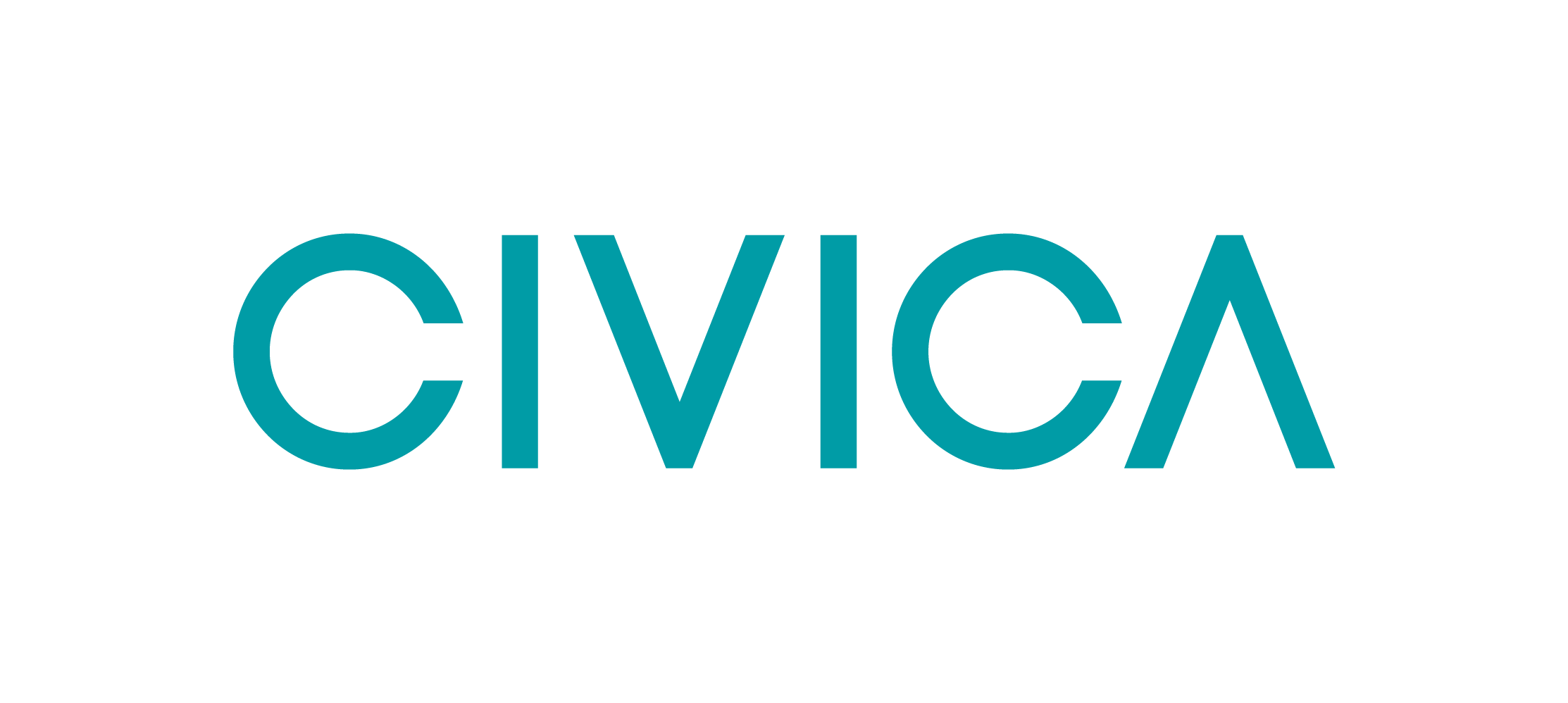
Public Sector
Large (1,000-9,999)
United Kingdom
Civica's apps streamline public services with secure, enhanced functionality efficiency and consistency across infrastructures for a cohesive user experience.
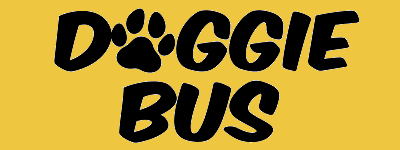
Transportation
Small (1-49)
United States
Doggie Bus, a scheduling mobile app for pet owners, gets pets where they need to be using the platform efficiency, performance, and unified ecosystem of .NET MAUI.
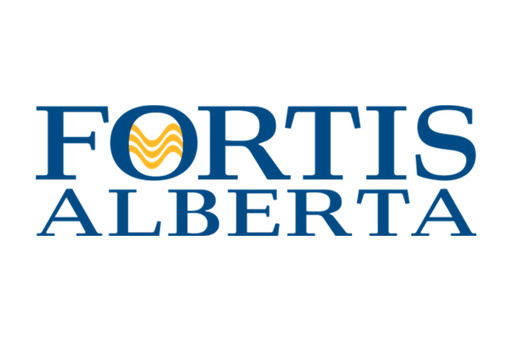
Energy and Resources
Large (1,000-9,999)
Canada
FortisAlberta boosts productivity by prioritizing injury prevention with the digitization of their documentation plan built with Microsoft cloud capabilities.

Technology
Corporation (10,000+)
United States
Microsoft Teams improves performance and cost efficiency as the go-to for real-time collaboration by migrating services from .NET Framework to .NET Core.

Retailers
Large (1,000-9,999)
Türkiye
Colin's cloud-native architecture digitized the customer experience and created a reliable POS saving maintenance and management costs.

Media & Entertainment
Small (1-49)
Switzerland
Camera Futura empowers photographers with automated photo culling and organization capabilities with machine learning through .NET.

Technology
Small (1-49)
United Kingdom
Oscore Ltd harnesses .NET MAUI and ASP.NET Core to build a powerful, high performing, cross-platform app designed for growth.

Technology
Small (1-49)
United States
VoodooShield leverages ML.NET and dynamic security postures to detect and defend against malware threats.
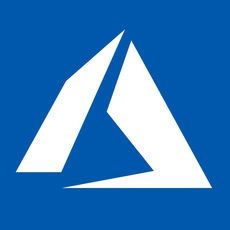
Technology
Corporation (10,000+)
United States
The Azure mobile app uses superior cloud technology to make your Azure resources accessible, keeping you connected no matter where you are.

Healthcare
Small (1-49)
United States
Brenmor improves patient experience and health care quality with ML.NET's data processing, machine learning, and real-time, accurate solutions.

Retailers
Corporation (10,000+)
Serbia
Delhaize Serbia invests in its customers with a digitized, personalized shopping experience thanks to Azure cloud technology and solutions.

Energy and Resources
Small (1-49)
Belgium
Zero Friction streamlines energy sector billing through a Blazor-built portal and Azure Cosmos DB, delivering a frustration-free experience.

Consultant
Small (1-49)
United States
Evolution Software uses machine learning to monitor hazelnut drying, optimizing the process from harvesting to shelf-ready status and increasing revenue.

Security & Investigations
Small (1-49)
Australia
Scancam uses ML.NET to detect vehicles at fuel station pumps and provides alerts for known offenders who previously drove off without paying for their fuel.
No stories to show

More customer stories
Hear from many more customers who rely on .NET for their business.
More customer stories

